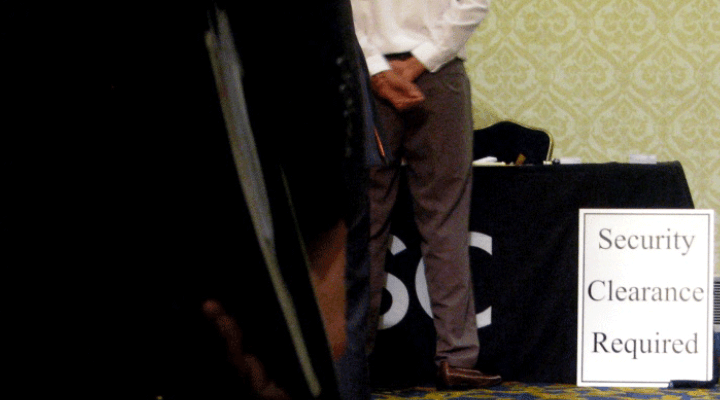Those involved in the security clearance process over the past two decades are seeing some major deja vu. After a several year reprieve the government’s personnel security program was once again placed on the Government Accountability Office (GAO) “High Risk List.” The list is designed to draw attention to government programs in major need of reform, and at major risk of abuse and mismanagement.
Both the Department of Defense and the Office of Personnel Management (OPM) had their personnel security programs on the list at one point, but both were removed by 2011, after improvements in processing times and several years of meeting deadlines required by the 2004 Intelligence Reform and Terrorism Prevention Act.
Over the past several years, however, the government has found itself almost completely incapable of meeting any deadline associated with the security clearance process, from background investigations to adjudications.
“Recruiters, employers and security clearance applicants have been experiencing the issues within the current process for a long time,” said Evan Lesser President of ClearanceJobs. “The current issues with the backlog and time to hire create serious issues in attracting and retaining individuals into critical national security positions.”
The GAO calls out the government’s inability to process security clearances in a timely manner, but also raises concerns about the quality of investigations, and the significant delays in addressing reform efforts. The placement on the high risk list comes on the heels of several GAO reports criticizing the government’s progress on clearance reform efforts including continuous evaluation, clearance reciprocity between government agencies, and improved processing times.
The high risk list is generally not updated until 2019, but the GAO determined the issues within the personnel security program were urgent enough to warrant an earlier call to action.
“A high-quality and timely personnel security clearance process is essential to minimize the risks of unauthorized disclosures of classified information and to help ensure that information about individuals with criminal histories or other questionable behavior is identified and assessed,” said U.S. Comptroller General Gene L. Dodaro.
Many hope putting the security clearance process back in the hot seat will renew focus on processing times and increase congressional interest in oversight. In response to the report, several members of congress weighed in, some calling for more scrutiny specifically of Trump Administration security clearance holders, and others urging congress to focus budget dollars on personnel security and conducting background investigations.
For defense contractors and government employers who are increasingly unable to find and attract talent to their positions, the need for reform is clear.
“Aside from the length of time to hire, the backlog is really making the Federal government an unpalatable employer for many potential candidates,” said Lesser. “Since Snowden, working for government has been seen as ‘uncool’ or ‘part of the problem.’ The clearance processing delays aren’t doing any favors toward public perception of government or industry.”



